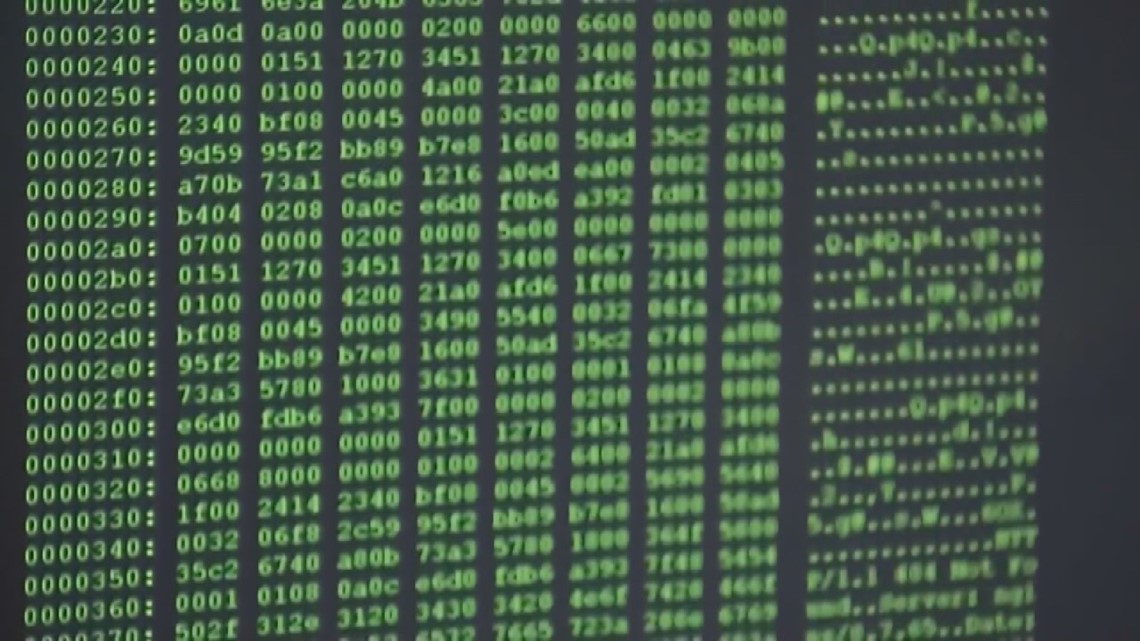Antidetect: An Innovative Breakthrough for Upcoming Ethical Hackers
Vektor T13 Technologies just launched their Antidetect system. That prevents antifraud and serves as a tool for aspiring ethical hackers to debug software and web applications.
Antidetect is a source of excitement across the technological side of the internet. And Vektor T13, the developer of Antidetect, inaugurated a training course to instruct users on the fundamentals of the Antidetect system and how to utilize it for their personal needs of anonymity across the internet. Furthermore, he coupled the two together so that those who want to learn about ethical hacking can achieve those dreams with ease and build their debugging skills.
The basics behind the antifraud structure
Vektor T13 is the creator of the Antidetect system, which serves as not only a method of online anonymity and data protection, but also a way for users to create customized personas for themselves. As a system, it relies heavily on virtual machines, that encrypt a user’s personal information. Without allowing room for error or cybercriminals to breach a user’s data. In addition, virtual machines can emulate existing hardware, operating systems, and various browsers. Such that a cybercriminal cannot penetrate a user’s personal computer.
Antidetect gives its clients the ability to express themselves through multiple personalities on a single computer uniquely. Each personality is protected and any identifiers or fingerprints typically detected by an external source. And are otherwise spoofed through the system. With each personality, users can create programs, web applications, and websites and test them. And Antidetect can help them to find bugs and remove them from their applications.
Unlike cloud-based antidetect systems and services, Antidetect does not amass a user’s private and sensitive data or sell it for the developer’s own gain. This private data includes the plethora of a user’s personalities on a single PC, a user’s emulated systems, or a user’s solutions. Other antidetect systems, which are commonly based on a web browser, collect users’ IP addresses, their actions while using the browser, and their private data.



